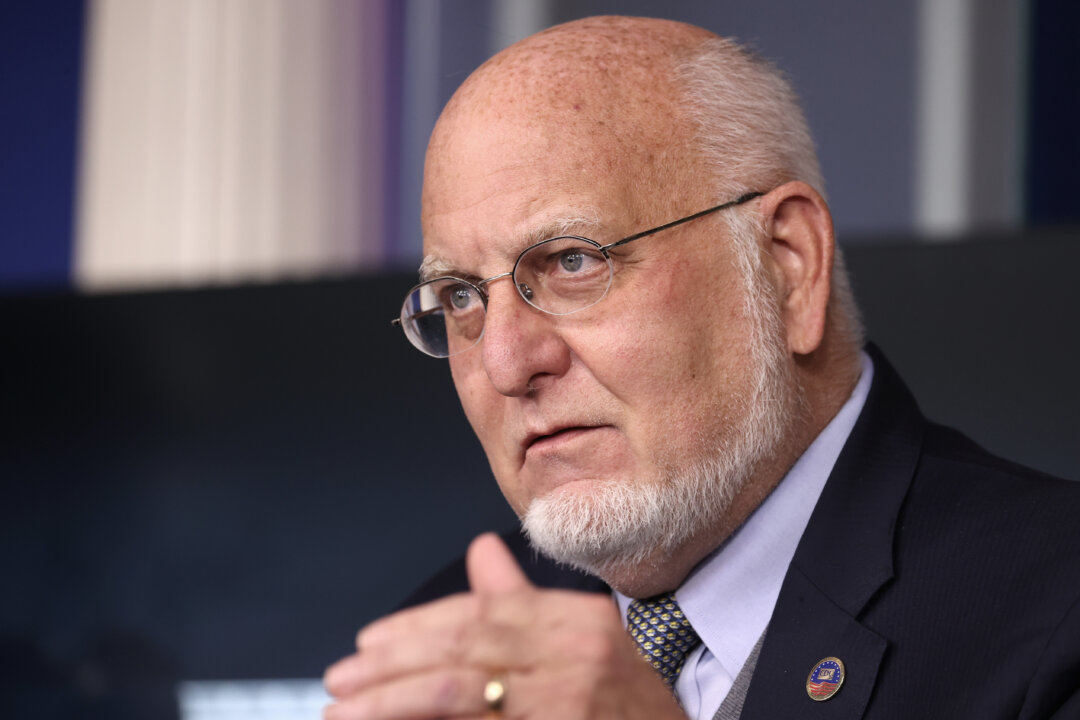The five-day strike involving over 46,000 Kaiser Permanente healthcare workers concluded on October 14, 2025, with union leaders declaring a shift in momentum for future negotiations. The United Nurses Associations of California/Union of Health Care Professionals (UNAC/UHCP) reported that employees returned to work after picketing at more than 500 facilities across the West Coast. The protest stemmed from claims of “unsafe staffing, stagnant wages, and deteriorating patient care conditions.”
Most of the striking workers, totaling more than 31,000, were based in California, while others were located primarily in Hawaii and Oregon. The group included a diverse range of healthcare professionals, from registered nurses and pharmacists to dietitians and rehab therapists. The union’s demands highlighted concerns about patient care and workplace safety, which they believe were not adequately addressed by Kaiser Permanente.
Kaiser officials characterized the strike as “unnecessary and disruptive,” emphasizing that they had already presented a “strong, comprehensive offer” to the union. Despite this, the workers did not accept the proposal, prompting the five-day action.
Union’s Push for Change
In a statement, UNAC/UHCP underscored the clarity of their message during the “historic” walkout. “Caregivers are united, determined, and backed by a growing movement for safe staffing and fair contracts,” the union expressed. A significant boost for their campaign came with the Joint Commission’s new standards on medical facility staffing, released during the strike. Union President and registered nurse Charmaine S. Morales remarked, “Employers like Kaiser can no longer treat staffing like a budget line. It’s now a national patient safety mandate, and UNAC/UHCP will make sure it’s enforced.”
Union representatives are set to meet with Kaiser officials later this month to continue negotiations. The union’s statement concluded with a clear message: “This strike may be over, but the fight for patient safety is not.” Workers return to their roles with renewed energy, ready to advocate for a contract prioritizing patient care.
Kaiser Permanente’s response welcomed back the union employees while stressing their focus on delivering high-quality care. The company also extended gratitude to the thousands of workers who supported operations during the strike.
Future Negotiations and Economic Focus
Kaiser Permanente confirmed that bargaining sessions are scheduled for October 22-23. The discussions will primarily address economic issues, with wages at the forefront. Kaiser representatives acknowledged the hard work of their employees, highlighting a proposal that includes a total base wage increase of 21.5% over four years, alongside enhancements to medical plans and retiree benefits.
The statement from Kaiser emphasized the importance of maintaining affordable healthcare coverage, particularly at a time when many Americans face difficult choices regarding their health insurance. “It’s critical that we keep quality, accessible health care coverage affordable – while attracting and retaining top talent,” the statement concluded.
As negotiations approach, the outcome will be closely watched, with both sides facing pressure to reach a resolution that meets the needs of healthcare workers while ensuring continued quality care for patients.







